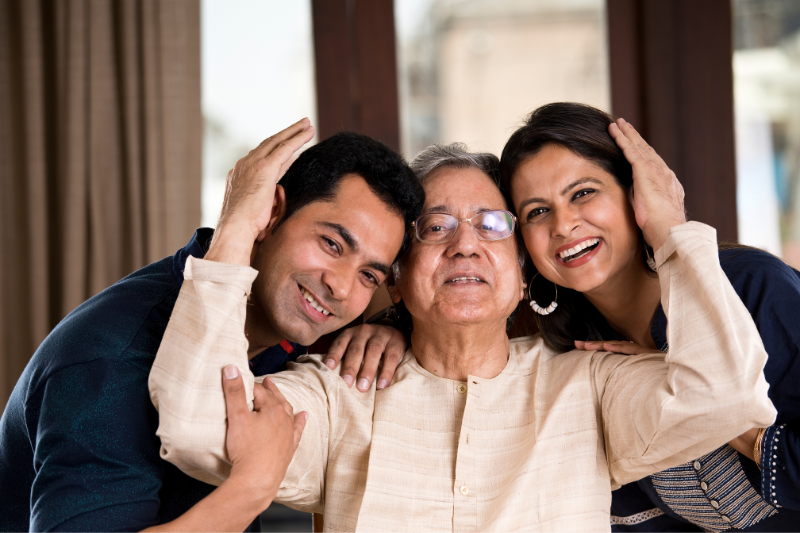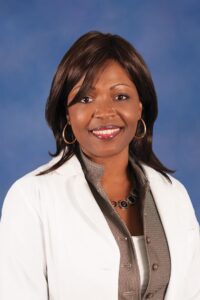
Gathering with family during the holidays is special. Sharing food, laughter and family stories can help increase a feeling of belonging – and provide the perfect opportunity to discover your family’s health history.
Though it may seem depressing to talk about what diseases grandma had or why an uncle died so young, such information may help your doctor take better care of you, and determine what health screenings you should have at what age.
Family health history is also important for family planning. When I was pregnant with my twin boys, I found out from my grand-aunt that my grandfather was a twin, but his sibling died. More information about this might have prompted me to look for possible complications during my own pregnancy with twins. Fortunately, I had a normal pregnancy and delivery.
Different health screenings usually start at specific ages, but conditions or diseases that a direct relative may have can cause your doctor to adjust the age at which you have a screening. For example, if you know your grandfather had colon cancer by the time he was 50, your doctor may recommend you start screening for it by age 40, which is earlier than usual.
A family history of breast cancer is especially important to know. Women who have a parent, sister or child with breast cancer are at a higher risk of developing the disease and should tell their doctor. Such a history may prompt your doctor to schedule your first mammogram at a younger-than-usual age.
Other family health conditions your doctor should know about include heart disease, diabetes, stroke, high blood pressure and vision problems such as glaucoma. Also, tell your doctor if there is a history of dementia in your family.
Knowing the history of these diseases within your family can also help your clinician figure out the root cause of health problems that are not obvious, and resolve or control these diseases.
Now that you know the importance of family health history, it’s time to gather the information. Be prepared for some resistance. Older generations are not as open about such topics, but there are ways around that. Explain why the information is important – that it may improve your chances of staying healthy throughout your life. Point out that the information helps everyone in the family.
Try to gather information about your grandparents, parents, aunts, uncles, cousins, siblings, and nieces and nephews.
Questions should include:
- What is our family’s race and ethnicity? Some diseases are more likely to affect people descended from specific areas of the world.
- Who in our family has/had cancer/diabetes/heart disease/stroke/high blood pressure/osteoporosis/vision problems, asthma?
- How old were they when they were diagnosed?
- Did they die from the disease?
- How old were they when they died?
Try to get specifics about the disease or condition. For example, if a relative has or had diabetes, find out if it is or was type 1 or type 2 and if any of the women in the family had gestational diabetes while pregnant.
It is also a good idea to get details about any surgeries – why the relative needed it and their age when it occurred.
The Centers for Disease Control and Prevention has a link to a helpful website, My Family Health Portrait. This free website leads users through their own medical history and that of each of their relatives, step by step. Once finished, you can print it out to share with your doctor and family members.
Learning about your family’s health history is an important part of your health record, so try to take advantage of family gatherings to ask relatives what they know about your shared health history.
